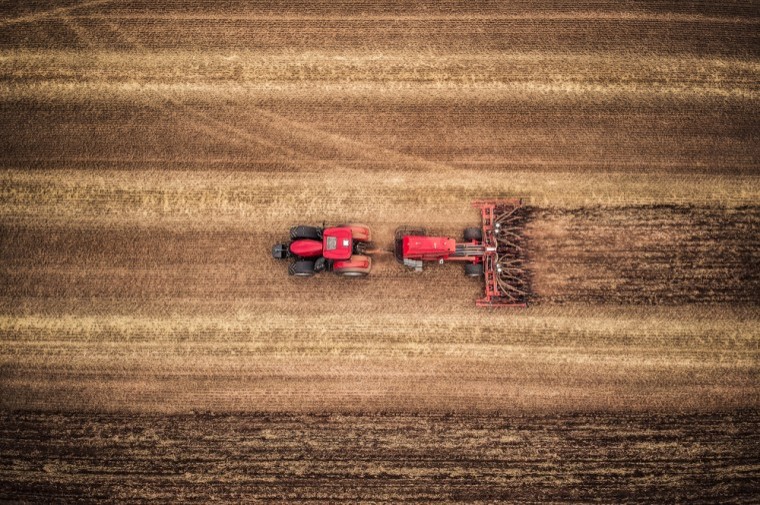The briefing follows declarations of support for min/no tillage systems from Michael Gove, Secretary of State for Environment, Food and Rural Affairs (Defra), who has also said that proposals for future UK agriculture policy aiming to improve soil health will have ‘as strong an evidence base as possible’.
By using minimal tillage and direct drilling, farmers minimise soil disturbance and therefore reduce erosion. A possible added benefit is that carbon is sequestered, as, over time, organic matter increases and with it soil carbon levels.
However, this review of the latest scientific research on conservation tillage shows it is not a guaranteed way of cutting farming’s greenhouse gas emissions and the Soil Association is urging the government not to treat min/no till systems as a “silver bullet” or adopt it as a guaranteed method of cutting farming emissions within post-Brexit farming policy.
The briefing paper looks at the most recent research, published up to 2018, which concluded that levels of soil organic carbon can be overestimated in no/min till systems, for example when less conclusive results from deeper soils are ignored, and said: “These results support the message advocated in former studies that the no-till sequestration potential with respect to mitigating climate change is likely to be overoptimistic.”
A wider environmental approach is advised in the briefing, which concludes that tree planting and including trees in farmland (agroforestry), introducing livestock onto arable farms, and longer, more diverse rotations bringing grassland into arable cropping systems, are methods that are well known to increase soil organic matter.
It highlights that while such methods can be adopted by any farmer, they are typical of organic farming systems, and should be supported by government. A 2017 US study that found soils from organic farms had 13% more soil organic matter and 26% more potential for long-term carbon storage than soils from non-organic farms.
The paper was the last written for the Soil Association by policy director Peter Melchett, who passed away in August. He said: “Globally, agricultural soils store an estimated 9.8 billion tonnes of carbon. Managed well, they can reduce greenhouse gas emissions, but managed badly they become a source of emissions.
“There is no question that no or min till systems can produce positive results in improving soil health and soil quality, but not necessarily in reducing greenhouse gas emissions. On the other hand, despite the use of ploughing on most organic farms, organically-farmed soils have been found to have on average 21% higher levels of soil organic matter than non-organic soils.
“Conservation tillage should therefore not be relied on as a silver bullet and a much wider environmental approach using proven methods backed by strong scientific evidence, such as agroforestry and organic techniques, is needed if post-Brexit farming policy is to reduce farming emissions.”
The briefing highlights the lack of clarity within research into no/min till systems, including a 2016 scientific review which noted: “No tillage or reduced intensity tillage are frequently proposed mitigation measures for preservation of soil organic carbon (SOC) and improvement of soil quality, for example for reducing erosion. While several reviews have demonstrated benefits to carbon conservation of no-till agriculture over intensive tillage, the general picture for reduced tillage intensity is unclear.”
More detail on this research can be found in the full briefing at www.soilassociation.org/assessing-the-impact-of-conservation-tillage




